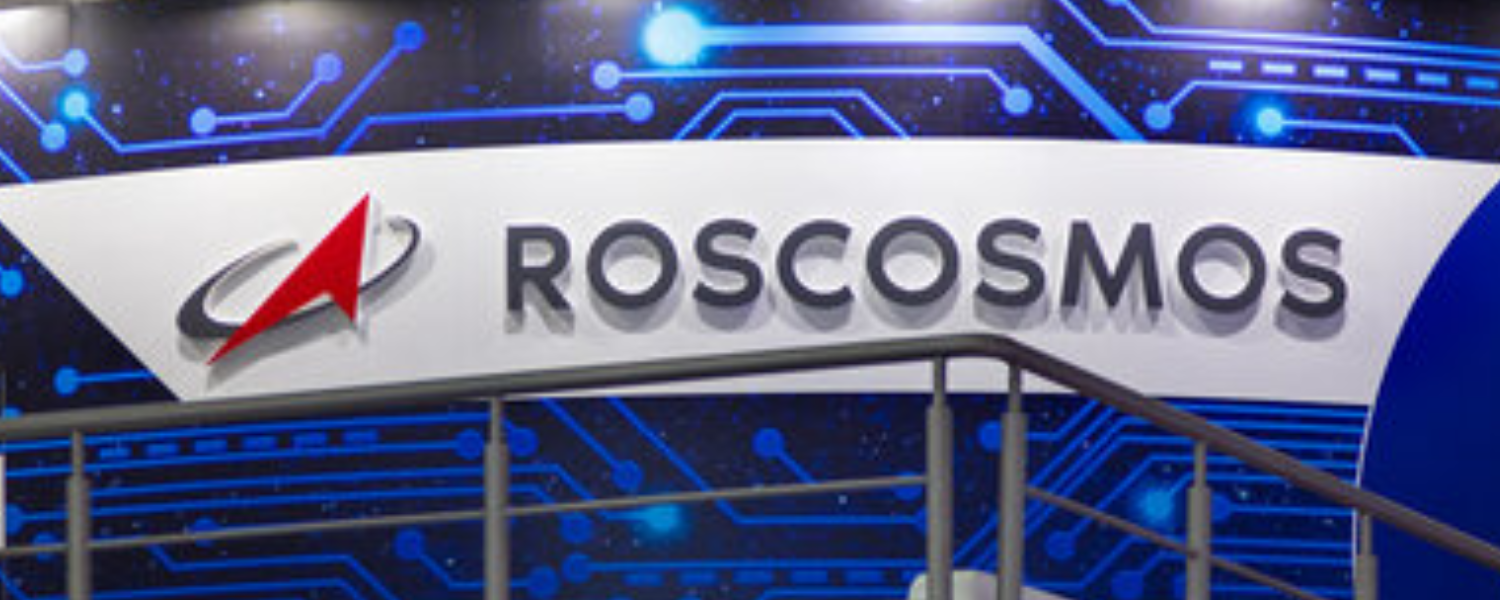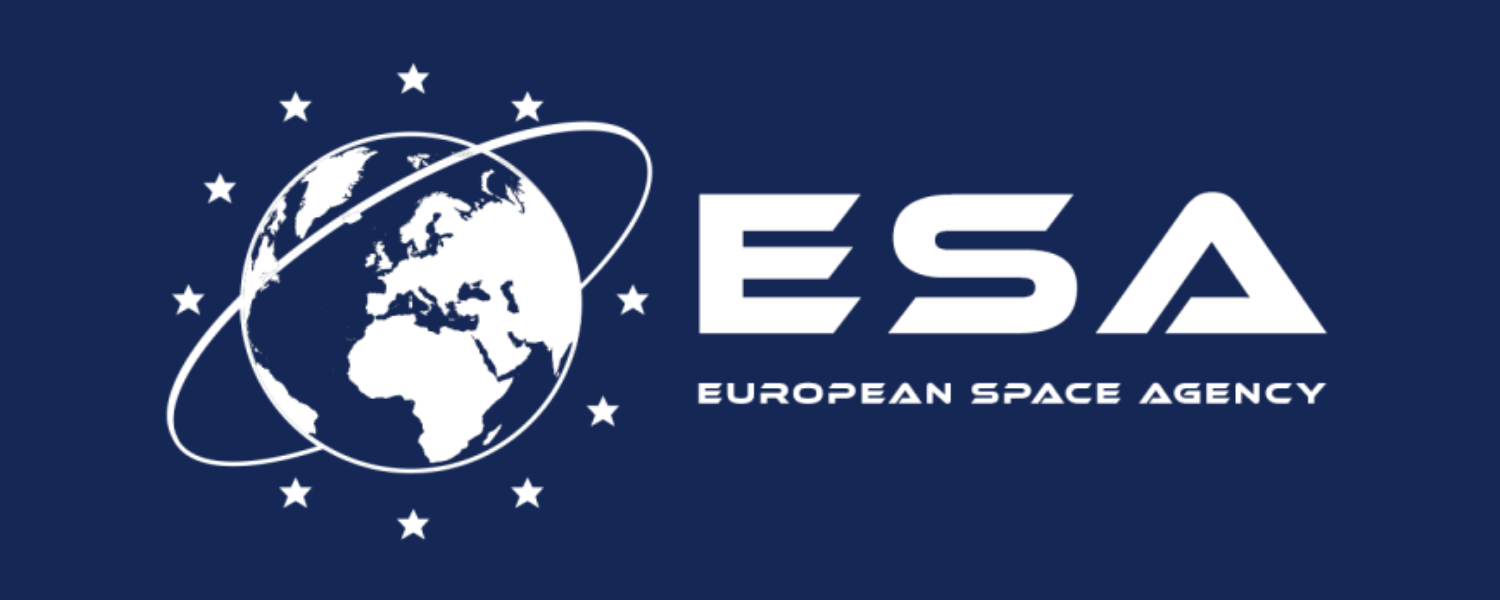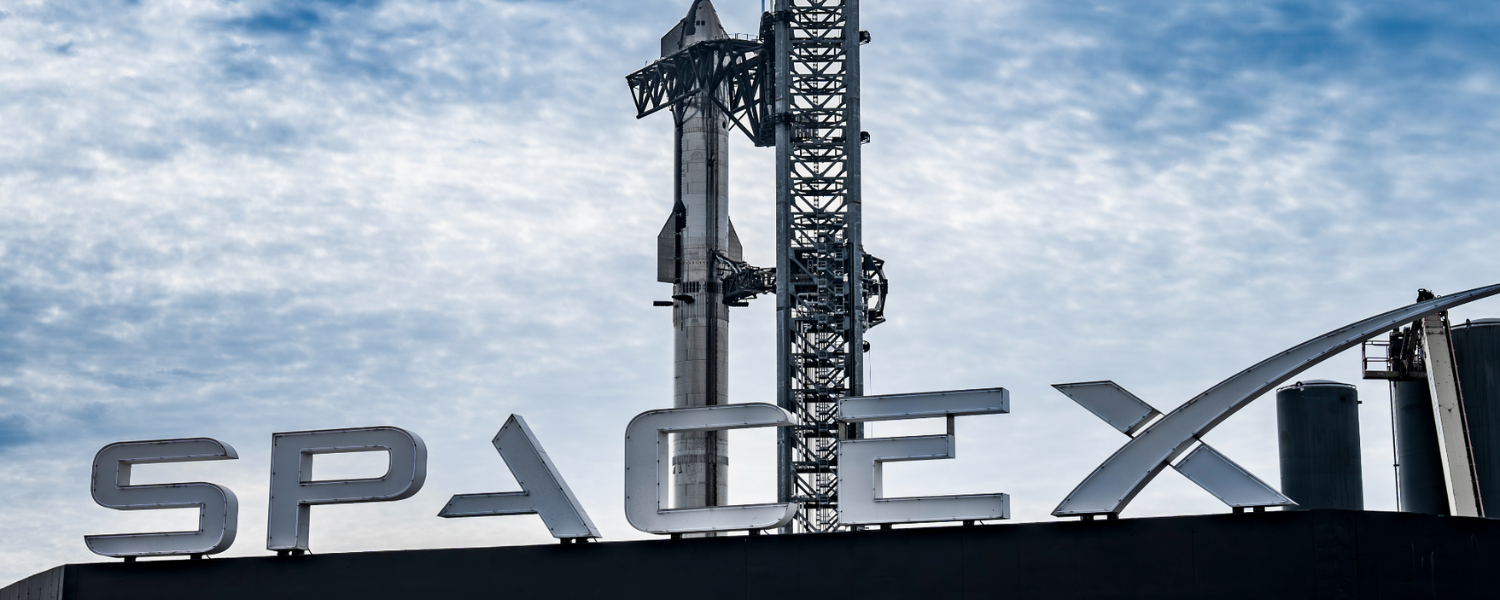Space exploration has always fascinated humanity, inspiring dreams of the stars and advancing our understanding of the universe. Over the decades, numerous countries and organizations have dedicated themselves to pushing the boundaries of space exploration. This guide explores the top 10 space agencies in the world, each contributing uniquely to space science and technology.
Introduction
The exploration of space involves a complex array of activities including satellite launches, planetary exploration, space missions, and scientific research. Various space agencies around the globe lead these efforts, making significant advancements in technology and expanding our knowledge of the cosmos.
As of recent years, these agencies are recognized for their contributions to space science and technology. This guide will provide an overview of the top 10 space agencies in the world based on their achievements, missions, and impact on global space exploration.
1) National Aeronautics and Space Administration (NASA, USA)

NASA, the National Aeronautics and Space Administration, is perhaps the most famous space agency globally. Established in 1958, NASA has been at the forefront of space exploration and technological innovation. Its most notable achievements include:
- Apollo Program: Successfully landing the first humans on the Moon in 1969.
- Space Shuttle Program: Facilitated the construction and operation of the International Space Station (ISS).
- Mars Rovers: Missions like Curiosity and Perseverance have provided valuable insights into Mars’ geology and potential for past life.
NASA continues to push boundaries with projects like the Artemis program, aimed at returning humans to the Moon and eventually sending astronauts to Mars. Its technological advancements and space missions make it a central player in global space exploration
2) Indian Space Research Organisation (ISRO, India)

ISRO (Indian Space Research Organisation), established in 1969, has made remarkable strides in space technology and satellite deployment. Some of its significant achievements include:
- Mars Orbiter Mission (Mangalyaan): India’s first interplanetary mission, which successfully entered Mars’ orbit in 2014, demonstrating cost-effective space exploration.
- Chandrayaan Missions: Focused on lunar exploration, including the recent Chandrayaan-3 mission, which aims to explore the lunar surface.
ISRO’s focus on affordability and efficiency has garnered global recognition, and its contributions are crucial to understanding space in the context of emerging economies.
3) China National Space Administration (CNSA, China)

CNSA (China National Space Administration) has rapidly emerged as a key player in space exploration since its establishment in 1993. Major achievements include:
- Chang’e Missions: A series of lunar exploration missions, including the Chang’e 4 mission, which was the first to land on the far side of the Moon.
- Tiangong Space Station: China’s own space station, which demonstrates its growing capabilities in space infrastructure.
CNSA’s ambitious goals, including lunar exploration and Mars missions, position it as a significant space agency on the global stage.
4) Russian Federal Space Agency (ROSCOSMOS, Russia)
ROSCOSMOS, the Russian Federal Space Agency, has a storied history in space exploration, dating back to the Soviet era. Founded in 1992, it continues to be a major player with achievements such as:
- Sputnik 1: The first artificial satellite launched in 1957, marking the beginning of the space age.
- Soyuz Program: An ongoing manned spaceflight program, which has been critical in transporting astronauts to the ISS.
ROSCOSMOS continues to contribute to space exploration through its partnerships and independent missions, maintaining a legacy of space achievement.
5) European Space Agency (ESA, Europe)

ESA (European Space Agency) was founded in 1975 as a collaborative effort among multiple European nations. ESA’s notable contributions include:
- Huygens Probe: Successfully landing on Titan, Saturn’s moon, providing valuable data about its atmosphere and surface.
- Ariane Rocket Family: Known for its reliability and cost-effectiveness in launching satellites into orbit.
ESA’s collaborative nature and diverse missions enhance Europe’s role in global space exploration, contributing to a range of scientific and exploratory endeavors.
6) Japan Aerospace Exploration Agency (JAXA, Japan)

JAXA (Japan Aerospace Exploration Agency), established in 2003, has made significant strides in space technology and exploration. Its notable achievements include:
- Hayabusa Missions: Successfully returning samples from asteroids Itokawa and Ryugu, providing insights into the early solar system.
- Kibo Laboratory: Japan’s contribution to the ISS, which plays a crucial role in scientific research and technology development.
JAXA’s commitment to innovation and international collaboration strengthens its position in global space exploration.
7) National Centre for Space Studies (CNES, France)

CNES (Centre National d’Études Spatiales) is France’s space agency, founded in 1961. It has played a key role in European and international space missions with achievements such as:
- Ariane Rocket Family: CNES, along with ESA, has been pivotal in the development and success of the Ariane rockets.
- Mars Express Mission: Contributing to the European-led mission to explore Mars.
CNES’s focus on international cooperation and technological advancement highlights its importance in the global space community.
8) German Aerospace Center (DLR, Germany)

DLR (Deutsches Zentrum für Luft- und Raumfahrt) was established in 1969 and is Germany’s national space agency. Key contributions include:
- Mars Rover Research: DLR has been involved in various Mars missions, contributing to rover technology and mission planning.
- Earth Observation: Development of satellites for monitoring Earth’s environment and climate.
DLR’s emphasis on technology and environmental monitoring underscores its role in both space exploration and Earth sciences.
9) Italian Space Agency (ASI, Italy)

ASI (Agenzia Spaziale Italiana) was founded in 1988 and has contributed to space exploration through various missions and collaborations. Notable achievements include:
- Cosmic Vision Program: Involves collaboration on numerous international missions and projects.
- ExoMars Mission: ASI’s contribution to the European-led mission aimed at exploring Mars.
ASI’s partnerships and focus on international space projects enhance its contribution to global space exploration.
10) Space Exploration Technologies Corporation (SpaceX)

SpaceX, founded by Elon Musk in 2002, is a private aerospace manufacturer and space transportation company. It has revolutionized space travel with achievements such as:
- Reusable Rockets: The Falcon 9 rocket’s first stage can land and be reused, reducing the cost of space travel.
- Crew Dragon: The spacecraft designed for transporting astronauts to the ISS.
SpaceX’s innovative approach and successful missions have made it a significant player in the space industry, pushing the boundaries of space exploration and commercialization.
Conclusion
The top 10 space agencies in the world each contribute uniquely to the advancement of space science and technology. From historic achievements to cutting-edge innovations, these agencies drive humanity’s quest to explore the cosmos. As space exploration continues to evolve, these agencies remain at the forefront, shaping the future of space exploration and inspiring future generations. The collaborative and competitive nature of these space agencies fosters progress, pushing the boundaries of what is possible and expanding our understanding of the universe.
In the realm of digital marketing agencies, including digital marketing agencies in mumbai, along with digital entrepreneurship, technopreneurship, and digital technology, these space agencies often intersect with technological advancements, highlighting the influence of space exploration on broader technological and entrepreneurial ecosystems. Continued space exploration and innovation will inevitably shape multiple sectors, driving future growth and discoveries of space and technological development.
To know more about other top agencies
FAQ
Q1. What is the role of NASA in space exploration?
A. NASA (National Aeronautics and Space Administration) is a leading space agency in the United States responsible for the nation’s civilian space program and for aeronautics and aerospace research. Its role includes conducting space missions, developing new technologies, and exploring other planets, including sending rovers to Mars and landing humans on the Moon.
Q2. How has ISRO contributed to space technology?
A. The Indian Space Research Organisation (ISRO) has made significant contributions through cost-effective space missions, including the Mars Orbiter Mission (Mangalyaan) and the Chandrayaan lunar missions. ISRO focuses on satellite technology, planetary exploration, and space science, with an emphasis on affordability and efficiency.
Q3. What are some achievements of CNSA?
A. The China National Space Administration (CNSA) has achieved notable milestones such as the Chang’e missions to the Moon, including the first successful landing on the far side of the Moon, and the development of the Tiangong Space Station. CNSA’s achievements reflect China’s growing capabilities in space exploration.
Q4. What historical impact has ROSCOSMOS had on space exploration?
A. ROSCOSMOS, the Russian Federal Space Agency, has a rich history, including launching the first artificial satellite, Sputnik 1, and sending the first human, Yuri Gagarin, into space. It continues to contribute through the Soyuz program and collaborations on the International Space Station (ISS).
Q5. What is the European Space Agency (ESA) known for?
A. The European Space Agency (ESA) is known for its collaborative approach to space missions, including the development of the Ariane rocket family and participation in the Huygens probe mission to Titan, Saturn’s moon. ESA’s work spans across various scientific and exploratory missions in space.

